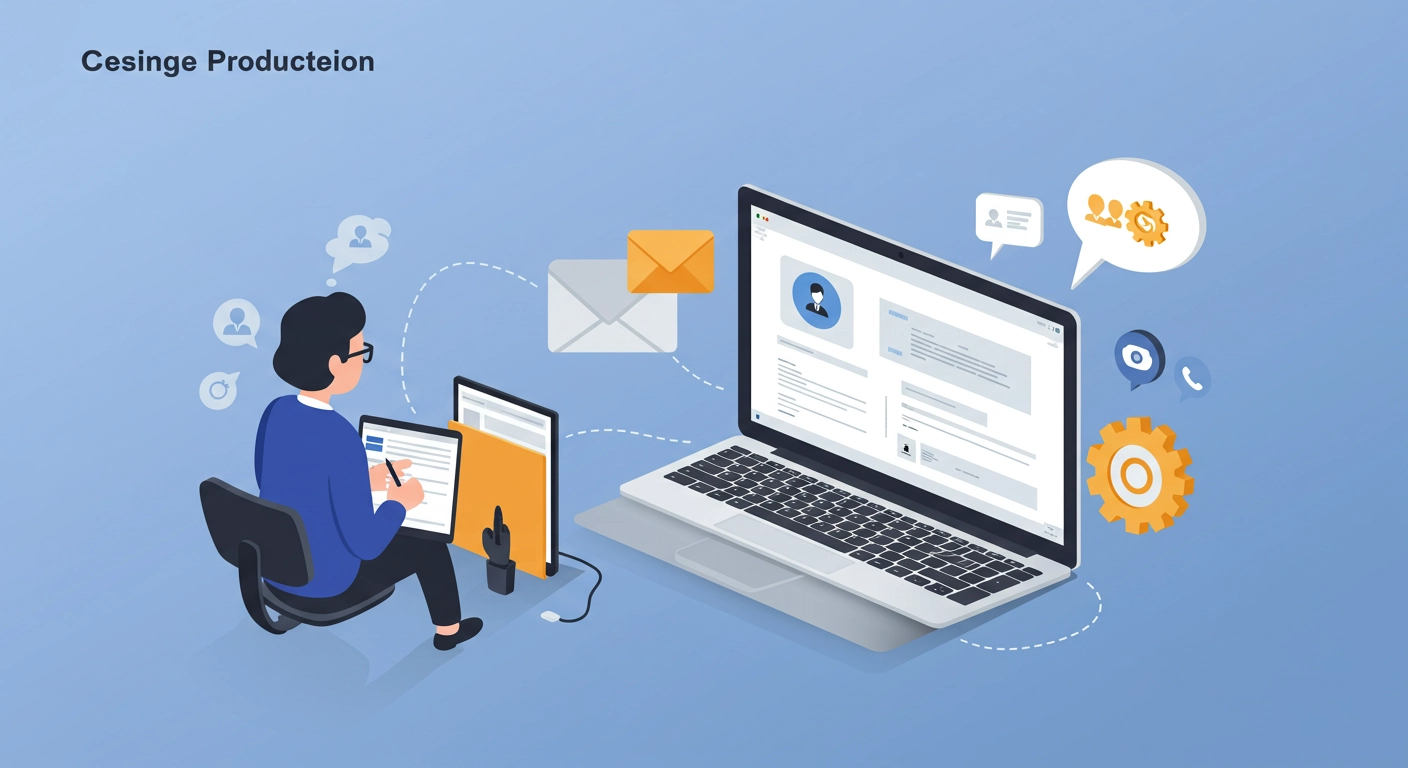Introduction
When it comes to local SEO, tracking keyword rankings accurately across various platforms like Google Search, Google Maps, and Google Ads is essential. With Local Serp Checker, businesses have been able to optimize their local visibility and drive more traffic through precise tracking and analysis.
In this article, we’ll explore three real-world case studies showcasing how Local Serp Checker helped businesses enhance their local rankings.
What is Email Scraping?
Email scraping is the process of automatically scanning web pages to collect email addresses using software or bots.
📌 How it works:
- An email scraper tool scans websites, social media pages, forums, and directories.
- It extracts all visible email addresses found in the page content.
- The tool stores and organizes the emails for later use.
📌 Where email scraping is used:
- Extracting emails from business directories
- Collecting contact details from social media
- Finding emails from blog comments and discussion forums
📌 Pros & Cons of Email Scraping
✅ Pros:
✔️ Fast and automated process
✔️ Helps collect bulk email addresses
✔️ Useful for market research
❌ Cons:
❌ Can collect irrelevant or outdated emails
❌ Higher risk of legal and ethical issues
❌ Emails might be from unconsenting users
What is Email Extraction?
Email extraction is a more targeted and precise way of collecting business-related email addresses from specific sources.
📌 How it works:
- AI-powered email extractors scan specific websites or databases based on your input.
- They identify and validate legitimate email addresses.
- The tool filters out fake or invalid emails, ensuring high accuracy.
📌 Where email extraction is used:
- Lead generation for businesses and sales teams
- Finding contact details of professionals on LinkedIn
- Gathering emails from structured databases like company websites
📌 Pros & Cons of Email Extraction
✅ Pros:
✔️ More accurate and relevant emails
✔️ Reduces spam complaints by targeting legitimate emails
✔️ Less risk of legal and ethical violations
❌ Cons:
❌ Requires structured sources to extract valid emails
❌ Some tools might have usage limits
Key Differences Between Email Scraping & Email Extraction
| Feature | Email Scraping | Email Extraction |
|---|---|---|
| Method | Collects all visible emails from websites | Extracts emails from structured sources |
| Accuracy | Often collects irrelevant or outdated emails | More precise and validated results |
| Legality & Ethics | Risky – might violate privacy policies | More compliant when used correctly |
| Use Case | Bulk email collection | Targeted lead generation |
| Best For | Research, broad data collection | Businesses, marketers, and sales teams |
Which One is Best for Your Business?
Choosing between email scraping and email extraction depends on your business needs:
🚀 Use email extraction if:
✔️ You want quality over quantity
✔️ You need verified business emails for outreach
✔️ You prioritize compliance and ethical practices
⚠️ Avoid email scraping if:
❌ You’re targeting random or irrelevant contacts
❌ You’re worried about legal issues and spam complaints
❌ You want higher engagement rates
AI-powered email extraction tools like EmailExtractorAI.com are the best solution for businesses looking to build a high-quality email list legally and efficiently.
Conclusion
Both email scraping and email extraction have their place in data collection, but for businesses focused on lead generation, sales, and ethical email marketing, email extraction is the smarter choice.
💡 Instead of collecting thousands of unverified emails, focus on high-quality leads that actually convert.
Ready to build your email list the right way?
🚀 Try EmailExtractorAI.com and start collecting accurate, verified emails today!


